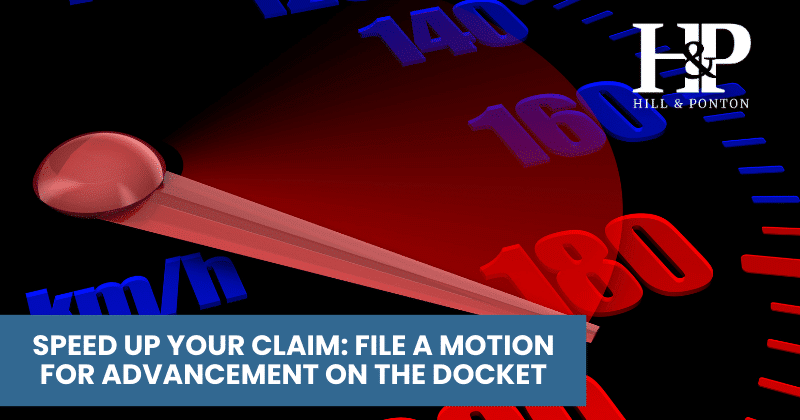Section 1151 claims, similar to a medical mal-practice claim against the VA, have been know to be very difficult to win. To offset the VA’s very high standard of proof, the Veteran or survivor should consider obtaining a competent medical opinion that the VA was at fault for the disability or death of the Veteran.
Under the current provisions of 38 U.S.C.A. § 1151 compensation shall be awarded for a qualifying additional disability or a qualifying death of a veteran in the same manner as if such additional disability or death were service-connected. However, if a veteran is found eligible for compensation under Section 1151, the disability is considered service-connected for payment purposes ONLY.
For purposes of this section, a disability or death is a qualifying additional disability or qualifying death if the disability or death was not the result of the veteran’s willful misconduct and-
(1) the disability or death was caused by hospital care, medical or surgical treatment, or examination furnished the veteran under any law administered by the Secretary, either by a Department employee or in a Department facility, and the proximate cause of the disability or death was:
(A) carelessness, negligence, lack of proper skill, error in judgment, or similar instance of fault on the part of the Department in furnishing the hospital care, medical or surgical treatment, or examination; or (B) an event not reasonably foreseeable.
From the plain language of the statute, it is clear that to establish entitlement to Section 1151 benefits, these factors must be shown: (1) Disability/additional disability; (2) that VA hospitalization, treatment, surgery, examination, or training was the cause of such disability; and (3) that there was an element of fault on the part of VA in providing the treatment, hospitalization, surgery, etc., or that the disability resulted from an event not reasonably foreseeable.
The regulation also provides that it must be shown that the VA failed to exercise the degree of care that would be expected of a reasonable health care provider; or VA furnished the hospital care or medical or surgical treatment without the Veteran’s informed consent.
In order for a Veteran to succeed in these claims, the record must contain a competent medical opinion that renders high probative value of the alleged mal-practice. The report must establish that the physician was fully informed of the pertinent medical history of the case. It is good practice to provide the medical expert with the Veteran’s entire VA Claims File (C-file), and all relevant medical records. However, a review of the C-file is not always required, since a physician can become aware of the relevant medical history through a factually accurate medical account reported by a Veteran or by having treated a Veteran for a long period of time.
In addition, the medical expert has to be able to provide a fully articulated opinion. A medical opinion that is ambiguous or unclear, or expressed in hypothetical language does not provide the degree of certainty required for medical nexus evidence.
And most importantly, the medical opinion must be supported by a reasoned analysis. The medical opinion cannot only contain data and conclusions, but it must also provide support for its conclusion and a reasoned analysis for it to bear any weight in court.
Specifically to Section 1151 claims, the medical professional is required to provide medical proof concerning causation and foreseeability. In its analysis, the professional should be able to support their opinion that “it is as likely as not” that the Veteran’s alleged mal-practice was caused by or is the result of carelessness, negligence, lack of proper skill, error in judgment, or similar instance of fault on the part of the Department in furnishing the hospital care, medical or surgical treatment, or examination.
In addressing the foreseeability issue, the expert’s knowledge and proficiency in the medical field may provide a basis as to whether it was reasonably foreseeable that the outcome could have been prevented.
To summarize, under Section 1151, benefits may be paid for:
– Injuries incurred or aggravated while receiving VA-sponsored medical treatment.
– Injuries incurred or aggravated while pursuing a course of vocational rehabilitation under 38 U.S.C. Chapter 31 or participating in compensated work therapy under 38 U.S.C. 1718.
If the Veteran’s claim is approved under Section 1151, it will entitle the Veteran or survivor to receive VA Disability Benefits or Dependency and Indemnity Compensation, as applicable.



